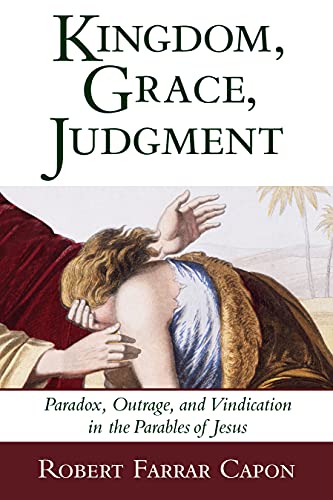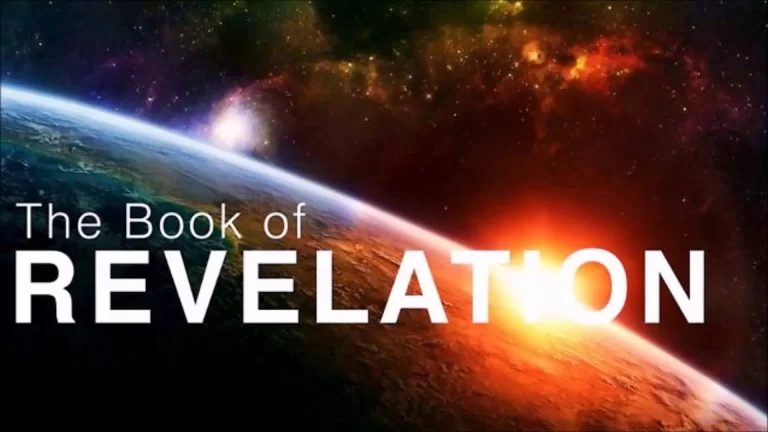
Ancient Anglican
A Modern Perspective on Early Christian Thought.
New on the Blog
Robert Capon – The Sower, pt.1
Jesus speaks in parables because he is aware that his teaching ministry has failed. Everyone is looking for a Messiah to reestablish David’s kingdom under God’s Law. Jesus has failed to overcome and correct his audience’s grossly mistaken expectations of who he is and what he is proclaiming.
Robert Capon – An Introduction to Kingdom, Grace, Judgment
Capon sets out his goal for his work which is to provide us a fresh, adventurous look at the parabolic words and acts of Jesus in the larger light of their entire gospel and biblical context.
The Revelation – The End – Rev. 21-22, pt.2
John has a vision of the final reconciliation of all creation. For God is making (present active indicative) all things new. Rev. 21:5
The Revelation – The End – Rev. 21-22, pt.1
This is the promised reality for us, the Bride of Christ. John gives us a vision of a redeemed and transformed creation from which all manner of evil and ungodliness are absent and the church is that beautiful, life-giving, at-one-ness with God.
The Revelation – A Review – Gen.1 through Rev. 20
I want us to remember and review the arc of Scripture and the arc of Revelation so that we better understand the new heaven and the new earth, the new Jerusalem, and the new Eden when we conclude next week.
The Revelation – Annihilation of Evil – Rev. 20
The good news that John brings us is that it is not only Satan that is defeated in the end, but ultimately it is both Death and Hell.
The Revelation – Christ Victorious – Rev. 19
The judgment Jesus speaks is a warning of what the opposition will reap if they did not stop sowing seeds of rebellion. To reject Jesus’ words of life is to die. This image in Revelation is intended to be Christ’s last call for repentance.
The Revelation – Babylon the Great is Fallen – Rev. 18
John’s command to leave Babylon behind is this call to leave behind earthly political power and command to leave behind an exploitative economy.
The Revelation – The Whore of Babylon – Rev. 17
When you read Revelation 17 and the description of Babylon, see where the parallels are with today’s world and in today’s society.
The Revelation – The Bowls of Wrath – Rev. 16
The final act of God rendering recompense to his enemies begins now. All of the warnings and all of the intermediate punishments have been given. We are nearing the end of the opposition to God and to God’s people.
The Revelation – The Meaning and Mystery of Wrath – Abraham Heschel, Pt. 2
God’s wrath is always described as lasting but a moment. It is something that happens only for a while, and never something that abides forever.
The Revelation – The Meaning and Mystery of Wrath – Abraham Heschel, Pt. 1
God’s wrath is never spontaneous, irrational, and unpredictable but always is in reference to the behavior of humankind and motivated by God’s intimate concern for right and wrong.


